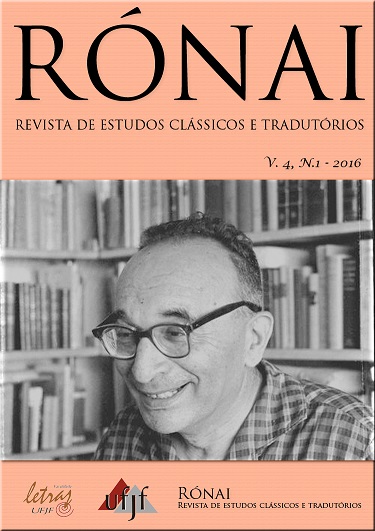The professional baggage of Translation scholars
Keywords:
translation scholars, research-industry relations, translation profession, sociology of researchAbstract
A survey of 305 translation scholars shows that some 96 per cent of them have translated or interpreted “on a regular basis,” with translation/interpreting being or having been a main or secondary activity for 43 percent of the scholars. Translation scholars would also seem to be particularly mobile (71 per cent have spent more than one year in a country other than their own) and come from diverse academic and professional backgrounds (33 percent were not engaged in translation and interpreting in their mid 20s). These figures indicate that translation scholars not only have considerable practical experience of translation but also come from a wide range of occupational and cultural backgrounds. Asked about desirable relations between scholarly work and professional practice, respondents indicated benefits for both sides (although a slight majority stressed a unidirectional relationship where scholarly work benefits from professional practice), and teaching is often indicated as the link between the two. However, about a quarter of the scholars indicated that there need not be a relationship between scholarship and professional practice.
Downloads
References
CAMINADE, Monique; PYM, Anthony. 1998. “Translator-training institutions.” In Encyclopedia of Translation Studies, ed. by Mona Baker, 280-285. London & New York: Routledge.
CHESTERMAN, Andrew; WAGNER, Emma. 2002. Can Theory Help Translators? A Dialogue Between the Ivory Tower and the Wordface. Manchester: St. Jerome.
DURBAN, Chris. 2011. Translation. Getting it Right, A Guide to Buying Translation. Alexandria VA: American Translators Association. http://goo.gl/gQNvXr. Acessado em
outubro de 2015.
EST (European Society for Translation Studies). 2015. Translator Training Observatory. http://goo.gl/ZjAPYQ. Acessado em outubro de 2015.
EUROPEAN COMMISSION. 2010. Study on mobility patterns and career paths of EU researchers. Final Report. http://goo.gl/d2IV0D. Acessado em outubro de 2015.
FOCK, Holger; HAAN, Martin de; LHOTOVÁ, Alena. 2008. Comparative Income of Literary Translators in Europe. Brussels: Conseil Européen des Associations de Traducteurs Littéraires. http://goo.gl/7LRLtM. Acessado em outubro de 2015.
GILE, Daniel. 1994. “Opening up in interpretation studies.” In Translation Studies: An Interdiscipline, ed. by Mary Snell-Hornby, Franz Pöchhacker, and Klaus Kaindl, 149-158. Amsterdam and Philadelphia: John Benjamins.
NEWMARK, Peter. 1988. Approaches to Translation. Oxford: Pergamon Press.
PYM, Anthony, GRIN, François; SFREDDO, Claudio; CHAN, Andy L. J. 2012. The status of the translation profession in the European Union. Luxembourg: EUROPEAN COMMISSION.
SFT (Société Française des Traducteurs). 2010. Enquête tarifs traducteurs 2009. http://goo.gl/p7b2Mt. Acessado em outubro de 2015. Translation of "The professional backgrounds of translation scholars. Report on a survey". In Target 28/1, 2016. Reprinted with kind permission from John Benjamins Publishing Company, Amsterdam/Philadelphia. [www.benjamins.com]
Downloads
Published
How to Cite
Issue
Section
License
Copyright (c) 2016 Esther Torres-Simón, Anthony Pym

This work is licensed under a Creative Commons Attribution 4.0 International License.
Copyright
The authors of the published contributions agree with the following items:
1. The authors keep the copyright and convey to the journal the right of first publication, the work being licensed under a Creative Commons Attribution License 4.0 International.
2. The authors are allowed and stimulated to publicize and distribute their work online after the publication in the journal, recognizing first publication in this journal.
3. The authors of the approved works authorize the journal to distribute their content, after publication, for reproduction in content indexes, virtual libraries and similars.
For more information about Creative Commons Attribution License 4.0 International, please, go to: https://creativecommons.org/licenses/by/4.0/deed.en
Editorial exemption
The authors of the published contributions are entirely and exclusively responsible for their contents. Its content does not represent an official position of Rónai - Revista de Estudos Clássicos e Tradutórios neither of Faculdade de Letras da Universidade Federal de Juiz de Fora or their partner institutions.



